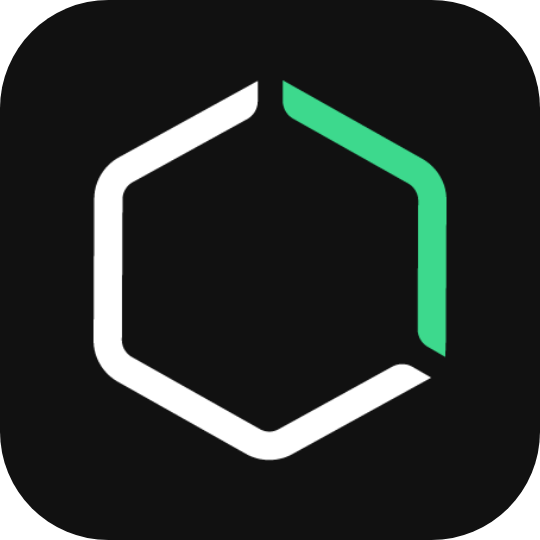
Individuals often ascend to leadership positions based on technical skill but struggle due to a lack of soft skills.
Alexis Ehrlich
In this edition of our new Leadership Development Interview Series, we sat down with Alexis Ehrlich, an experienced Manager of Leadership Development & Coaching. In our conversation, she shared tons of insights: from how managers often are promoted because of different skills than they’ll need in their new role, to her approach to creating programs for new managers, to the challenge of measuring impact. Enjoy!
Can you tell us a bit about yourself and your current role?
I’m Alexis Ehrlich, and I’ve been in the L&D world for about 10 years, focusing on leadership development and instruction time. I am now focusing on creating a coaching culture at my organization as I have about five years of coaching experience.. Currently, I’m the manager of leadership development and coaching, where I concentrate on foundational skills for managers and oversee coaching programs, including external partnerships and internal employee coaching.
What are the current top 1-2 pain points when it comes to people, culture and teams? Why is this an issue, you think?
A significant pain point is that individuals often ascend to leadership positions based on technical skill but struggle due to a lack of soft skills. This is a common issue across organizations I’ve worked with. Leaders often don’t know what they don’t know, and when they reach leadership roles, they are unprepared for the soft skills demanded of these positions.
What does leadership mean to you, and which skills do people need to succeed as a leader?
Leadership is about understanding and supporting individuals based on their needs. It’s not solely about driving profit but encompasses various aspects, including influence, behavior change, and outcome management. Effective leadership involves recognizing human aspects and supporting based on individual needs.
What have you tried to resolve or tackle that? What does leadership development look like at your company?
To address these challenges, we’ve developed a foundational program that covers basic managerial skills. This program was recently refreshed with my background in instructional design. This year we’re focusing on integrating our HRIS systems with our new LMS so new managers will automatically be enrolled in this program, connecting it with our talent management process. We also hold an annual offsite focused on leadership development and are incorporating coaching into the organization, including one-on-one and group coaching sessions.
Which tools and programs do you have in place, and how do you currently select new leadership talent to develop?
For our foundational leadership program, we’re moving towards auto enrollment. Currently, individuals who are eligible self-enroll in the program. For one-on-one coaching, we use an application-based process where leaders must meet certain organizational criteria and submit goals. Selection for our one-on-one coaching program is based on impact on retention, profit, and turnover.
What are some current challenges with leadership development overall in your company? What are hard parts about developing leaders?
The biggest challenge is handling the data and metrics. Integrating a new LMS system and ensuring data consistency is a significant hurdle. Additionally, quantifying the ROI of these programs is complex, especially when trying to isolate the impact of specific components like coaching. We’re exploring various methods, including focus groups, surveys, and testimonials, to measure both qualitative and quantitative outcomes.
Have you considered using AI tools in developing the future generation of leaders? Why/why not?
In my previous organization, AI was popular for use when it came to writing content, but there were organizational concerns around intellectual property.
My current organization is interested in using AI for data and metrics. However, there are concerns about AI making content too homogeneous and not tailored to the nuances our learners face. We’re waiting to see how legal issues around AI and intellectual property play out.
What applications of AI seem most promising to you from a leadership development standpoint? Where does AI fall flat?
AI seems promising in strengthening data and system integrations for leadership development. Potential applications include enhancing our understanding of program efficacy and participant progress. However, the concern remains that AI might lead to a lack of uniqueness in leadership development content and an over-reliance on technology, potentially overshadowing the human element in leadership growth.
To learn from more experts on how to grow leaders at your company, check out our full list of interviews here.
If you’re looking to grow future leaders at your own company, get in touch to see how Bunch can enable you to give every person in your company a personalized, continuous development program in just 2 minutes a day.





